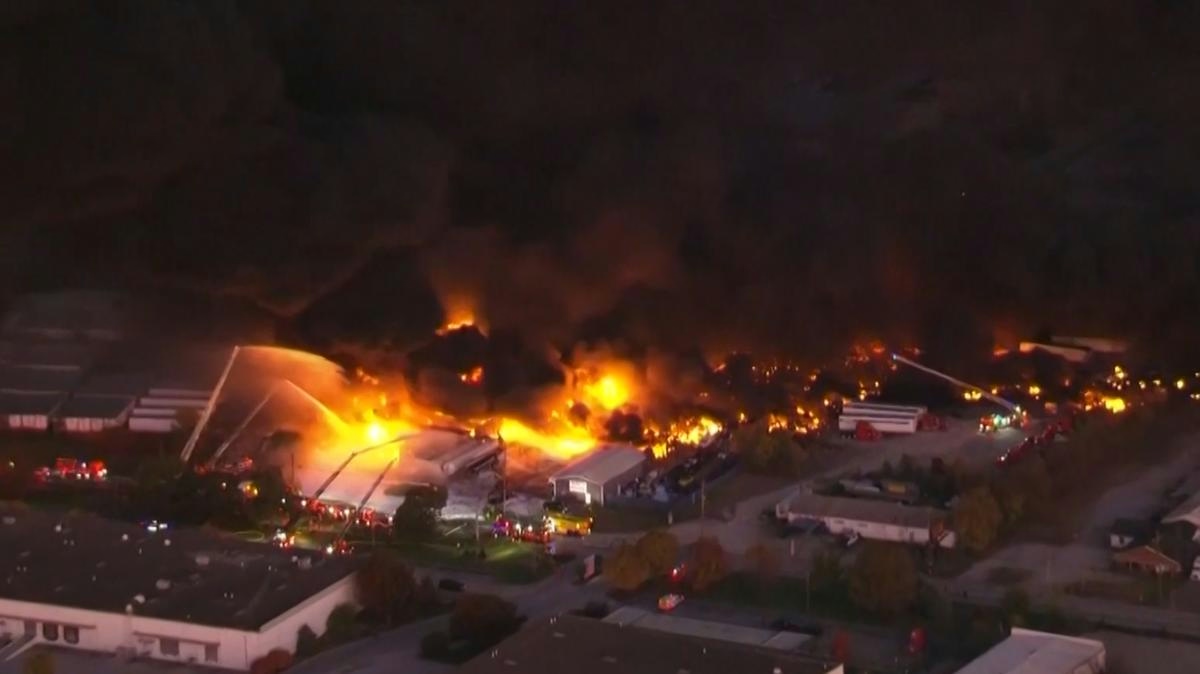AeroGenie — Your Intelligent Copilot.
Trending
Categories
NTSB Recovers Black Box from Crashed UPS Plane in Louisville

NTSB Recovers Black Box from Crashed UPS Plane in Louisville
The National Transportation Safety Board (NTSB) has successfully recovered the flight data recorder and cockpit voice recorder—commonly referred to as the "black boxes"—from the UPS cargo aircraft that crashed during takeoff at Louisville Muhammad Ali International Airport on Tuesday evening. The accident, which occurred at approximately 5:15 p.m., resulted in a devastating fire and the tragic loss of all three crew members aboard the aircraft.
At a press briefing in Louisville, NTSB board member Todd Inman extended condolences to the families of the victims and the local community. He remarked, "It's a tough day for Louisville and for Kentucky. We are here to find out not only what happened, but why it happened—and, more importantly, how to prevent it from happening again."
Engine Detachment Cited in Early Findings
Preliminary investigations indicate that the McDonnell Douglas MD-11F freighter, operated by UPS and manufactured in 1991, suffered a catastrophic failure during its takeoff roll. Surveillance footage reviewed by investigators reveals the left engine detaching from the wing, which triggered a large plume of fire. Although the aircraft briefly became airborne and cleared the airport perimeter fence, it ultimately crashed into nearby structures and terrain just beyond the runway. The impact ignited a fire that extended nearly half a mile.
The NTSB has identified the engine separation as a central focus of its ongoing investigation. Authorities are working to determine whether mechanical failure, maintenance deficiencies, or other factors contributed to the incident.
Impact on UPS Operations and Industry Response
The crash has immediate repercussions for UPS’s cargo operations, with potential delays anticipated across the United States as the company copes with the loss of both the aircraft and its crew. Industry analysts suggest that such disruptions may invite increased scrutiny of UPS’s safety protocols and operational procedures, potentially influencing investor confidence. Meanwhile, competitors within the shipping sector may seek to leverage UPS’s operational challenges to expand their market share.
Investigation Process and Next Steps
The NTSB, an independent federal agency responsible for investigating civil aviation accidents, has deployed a team of experts to Louisville to conduct a thorough examination. The recovery of the black boxes represents a critical step in reconstructing the sequence of events leading to the crash. Investigators will analyze flight data, cockpit communications, and physical evidence from the crash site to ascertain the cause of the engine separation and subsequent accident.
Inman underscored the agency’s dedication to transparency and aviation safety, stating, "We will issue safety recommendations aimed at preventing future losses once the investigation is complete."
As the inquiry progresses, the NTSB will collaborate closely with UPS, Boeing—which now oversees the MD-11F following its merger with McDonnell Douglas—and other relevant stakeholders to ensure a comprehensive review. The agency has not yet announced a timeline for the release of its final report.

Emirates Unveils Cabin Design for New Boeing 777X

Eighteen Years On, the Airbus A380 Remains Central to a $34 Billion Airline

How a boom in luxury airline seats is slowing down jet deliveries

Navitaire Outage Attributed to Planned Maintenance

DigiYatra Debuts Outside Aviation at India AI Impact Summit

Vietnam Orders Strengthen Boeing’s Commercial Outlook

Airbus Signals Uncertainty Over Future A400M Orders

JobsOhio Awards $2 Million Grant to Hartzell Propeller for Innovation Center

Collins Aerospace Tests Sidekick Autonomy Software on YFQ-42A for U.S. Air Force CCA Program

How the Airbus A350-1000 Compares to the Boeing 777
